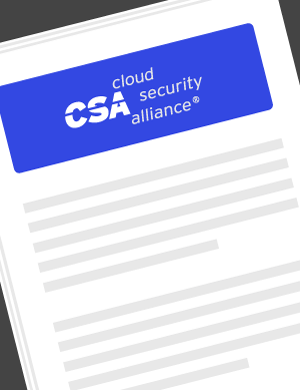Download Publication

Who it's for:
- CISOs
- Application, platform, and security engineers/architects
The Six Pillars of DevSecOps - Pragmatic Implementation
Release Date: 12/14/2022
Working Group: DevSecOps
Organizations have a wide array of tools and solutions to choose from when implementing security into the software development process. They often end up procuring solutions that are hard to deploy or challenging to operationalize and observe. Instead, using a framework-agnostic DevSecOps model that focuses on application development and platform security allows organizations to approach security in DevOps pragmatically.
This publication outlines the practices, processes, and technologies that organizations should consider when building out any DevSecOps program. Readers will learn how to implement DevSecOps pragmatically, focusing on security covering all software, regardless of where it runs.
Key Takeaways:
- The different role profiles to consider during DevSecOps adoption
- Some of the common mistakes made when designing a DevSecOps team structure
- How culture impacts velocity and performance
- The characteristics of an optimized and productive culture
- Which technologies and processes underpin the pragmatic implementation of DevSecOps
- Considerations for various activities across all stages of the DevSecOps process, including threat modeling, developer training, security unit testing, penetration testing, GitOps, secrets and key management, chaos engineering, and much more
This publication is part of an entire series on the Six Pillars of DevSecOps. You can find all the papers in the series that have been released so far here.
Download this Resource
Related Resources
Interested in helping develop research with CSA?
Related Certificates & Training

CSA's Cloud Infrastructure Security training provides a high-level introduction to the most critical cloud security topics through virtual self-paced courses. Each Cloud Infrastructure Security training focuses on a specific area of cloud computing, and is design to be succinct, taking one-hour to complete.
Learn more
Learn more




.jpeg)
.jpeg)
.jpeg)